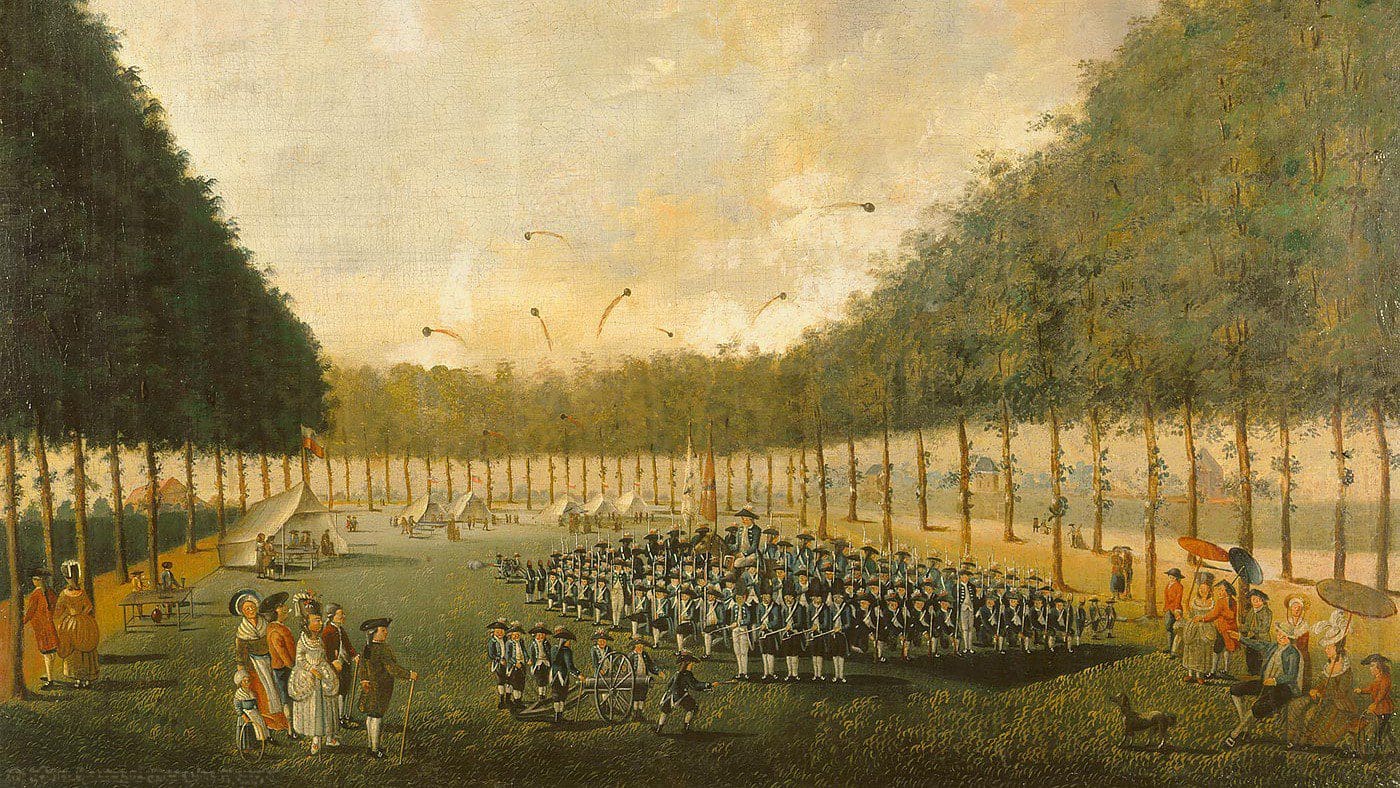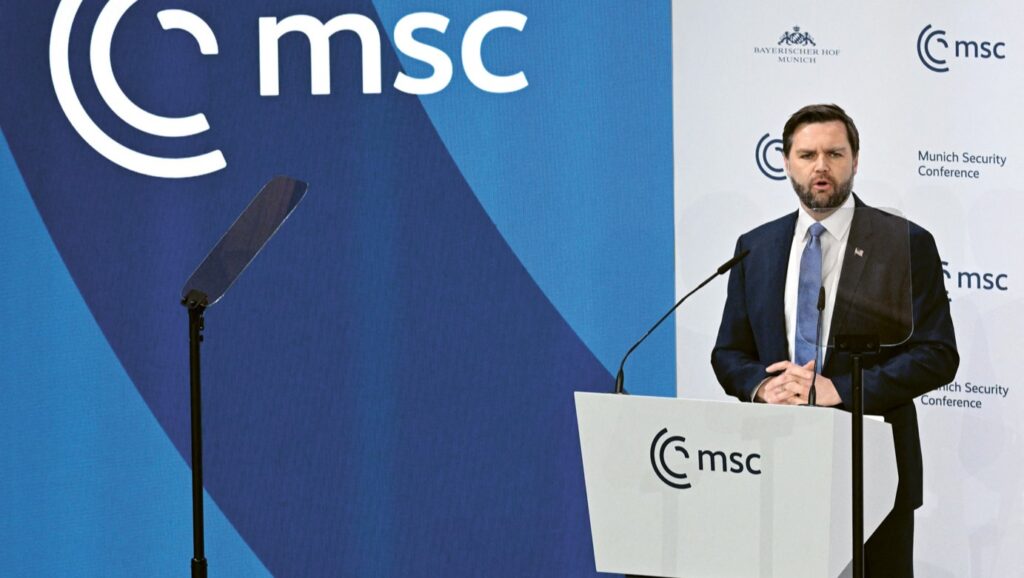As the power of the European Union institutions over the Member States slowly but steadily expands, the rights of the member nations are increasingly weakened and, in some cases, even questioned by the Brussels leadership. This stealthy overreach has now resulted in the power exercised by the EU institutions going far beyond what is guaranteed by the Treaty of the EU.
The above process was well reflected in the EU recently suing Hungary and Poland for restricting the inclusion of material on homosexuality in textbooks for schoolchildren. The UK’s withdrawal from the EU is also proof of the worrying trend. The majority of British voters believed that the EU was violating their country’s national sovereignty by imposing too many unnecessary and undesirable rules on it.
Although Brexit was clearly a warning shot for the Brussels leadership, there is little evidence that the shot was heard.
What is happening in the EU is part of a broader trend. Profound values and principles are at stake when it comes to other large regional or international organisations, such as the UN and the World Economic Forum, that are tempted to wield enormous political, economic, financial and/or military power over sovereign nations.
The Example of the American Revolution
The sacred value that we must defend and uphold is individual freedom, whether as a person or as a nation. The American Revolution was historically important because it fought for freedom. The republic forged on this principle changed the world forever. The same cannot be said of the influence of socialist-minded leaders who, in the name of ensuring equality and social justice for all, seek to use the institutions and mechanisms of the European Union to impose their own values on all EU institutions. We have seen too much of this in the last century and have paid an enormous price, a price measured in human lives, to repel the forces of socialism, communism, and fascism.
The American Revolution led to the creation of a republic that took the rights of its citizens as God-given
and set in motion a global trend towards the creation of democratic systems that respected individual rights, providing unprecedented freedom and prosperity. In contrast, the French Revolution resulted in the destruction of the ruling class with a violent and bloody uprising that denied divine sovereignty and foreshadowed communist and fascist revolutions and regimes that caused great suffering, killed millions and resulted in widespread poverty in totalitarian states.
The Misguided Efforts of European Union Institutions
The overreach of European bureaucracy has always worried independent-minded people and governments, and these concerns intensified when the European Economic Community (EEC) was transformed into the European Communities (EC) and then into the European Union (EU) in 1993, a final step towards economic union and political union. Another warning sign for Eurosceptics was when the EU proposed a European Constitution, which was rejected by French and Dutch voters in 2005, despite strong calls for its approval by the governments of all Member States. In France, only the French socialists approved of this step leading further towards European integration.
Recently, Polish Prime Minister Mateusz Morawiecki also expressed his conviction that the current EU goes completely against the vision of its founding fathers. He accused Brussels of imperialist behaviour because of its treatment of the smaller Member States, stating that the positions of Germany and France matter more than those of all other countries. What he suggested was that we are now dealing with in the EU today is a formal democracy being a de facto oligarchy in which the strongest hold power.
These are harsh words, but they reflect the frustration of smaller European countries that cannot compete with the influence of France and Germany in the EU. The EU proceedings and lawsuits against Hungary and Poland perfectly justify Morawiecki’s position.
Government for the Citizens and Morality Guiding Laws
The creation of a democratic republic in America was a huge step forward for the entire world. One of the main reasons for this is to be found in matters of state organisation, since the founders recognised that the government itself should exist in order to protect the individual rights of citizens, not the other way around. In fact, the quintessential characteristic of totalitarian states is precisely that
the political leadership subordinates the rights of citizens to the self-interested will of the state.
To keep the EU alive, national governments must be able and want to protect the rights of their citizens, while European institutions need to protect the rights of national governments from bureaucratic institutions. However, as Lord Acton noted, power corrupts, and few governments can resist the temptation to gain more and more power over their people. When the EU imposes the demands of a tiny minority on the national governments of its Member States, it predictably triggers the instinct of national governments to fulfil their duty to resist for the sake of their citizens.
Ideally, legislators should strive to transform moral virtues and values into enforceable laws. According to the conservative worldview, it is in moral law that the laws of a nation are founded upon. Liberals see this differently, not only in Europe, but in the United States as well. There, the Supreme Court is often divided on certain issues because the so-called originalists insist that the Constitution should be interpreted as intended by its authors, while liberals view the Constitution as a ‘living document’ that needs to be updated to meet the needs of our time. Decisions that fit into a broader liberal worldview are typically the work of the liberal majority in the court, undermining the traditional values that the founders of the United States believed in.
It could be rightly expected that the interpretation of law in the EU be guided by the foundations of European civilisation, namely morality embedded in Judeo-Christian culture. This morality is summed up in the Cain–Abel paradigm, which can inform the understanding of European justice systems when deciding how European laws should be applied or modified in the interest of Europe. If Justitia is not able to judge wisely, she will not be able to give much-needed guidance that limits the excesses of Brussels, intoxicated by its growing power.







